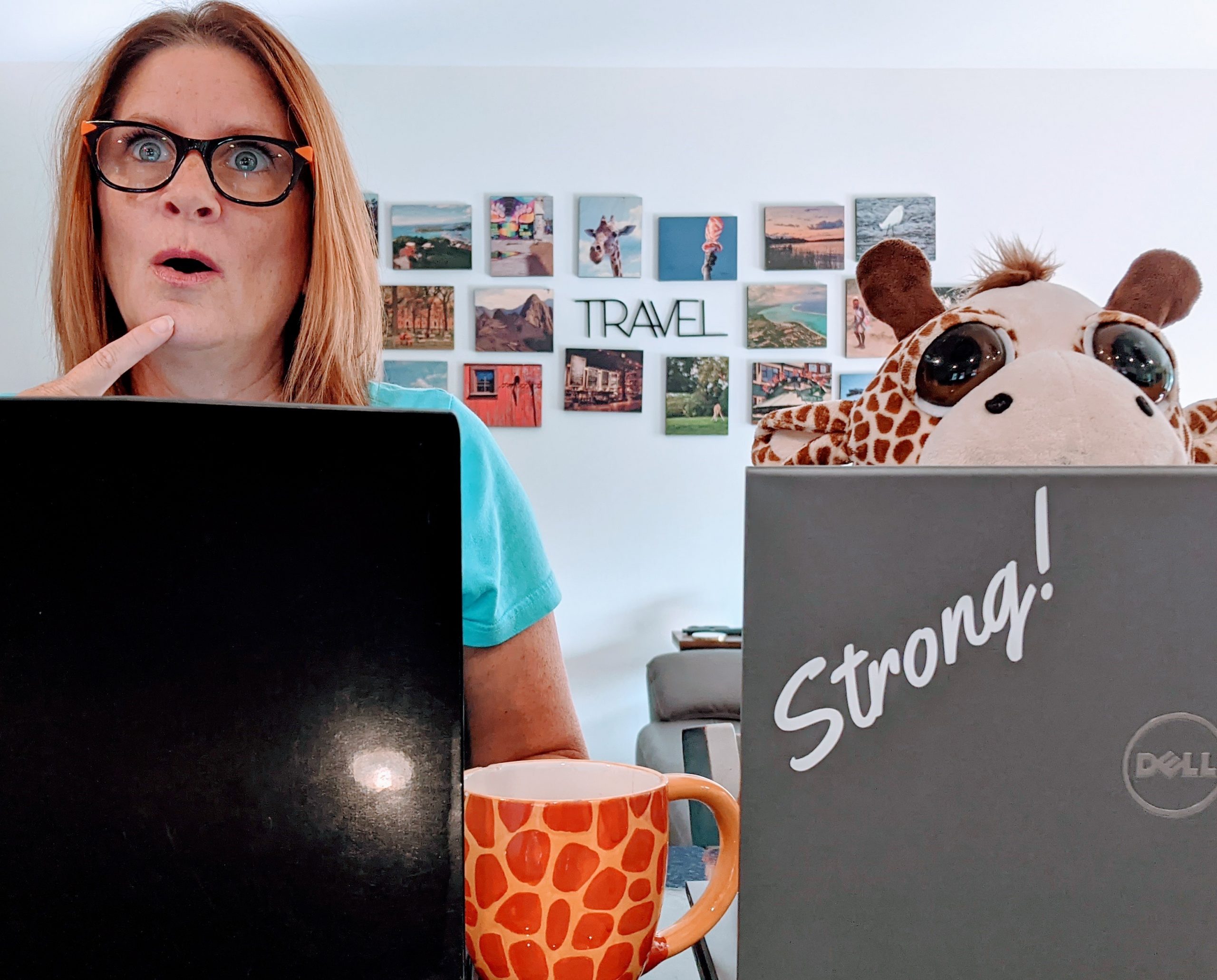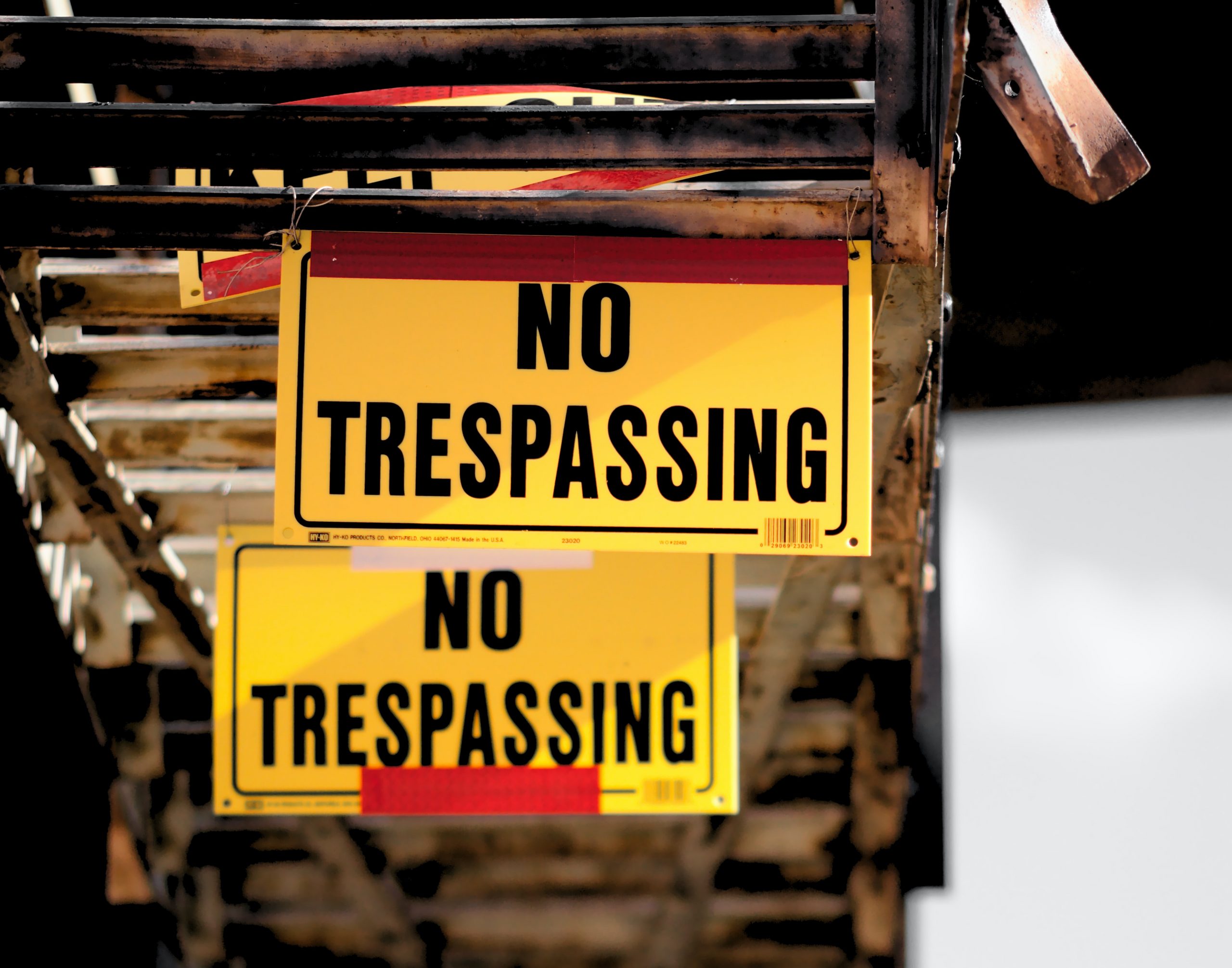LEARNING FROM GIRAFFES: Shhhh …. (Part 5 of 5)
Giraffes aren’t very vocal creatures. In fact, giraffes are often silent, and when they do vocalize, it’s quite quiet, like humming or snoring. I’m not suggesting you take up snoring at work (but humming could be okay). What I AM suggesting is that there are benefits to being a little more silent and more selective












